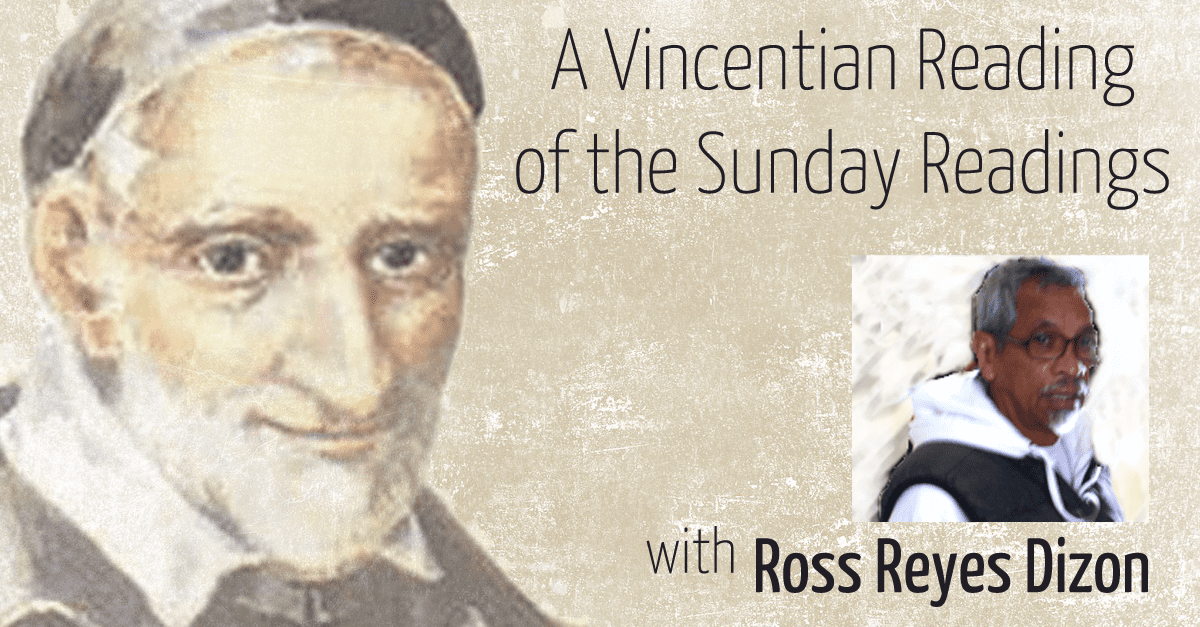Jesus is the last revelation of divine salvation to Israel and the nations. It is right, then, that all show themselves thankful to him always and everywhere.
Nine of the ten lepers that Jesus has healed do not show that they are thankful. For only a Samaritan, who supposedly does not even belong to God’s chosen people, seeks out his healer to thank him.
The foreigner goes back, yes, praising God. He shows that he sees that Jesus’ healing power can only come from God. Jesus’ face is now for him the face of God. That is, he acknowledges that God has mercy on the needy in and through Jesus. He now believes, then, in Jesus. He takes him as God’s good news for the poor, for those who are suffering from diseases and illnesses.
That is why the Samaritan does not only praise God. He, moreover, falls at the feet of Jesus and tells him he is thankful. And Jesus, in turn, more than lives up to his faith. He lets the new believer know that he does not only heal but saves also. For he says to the humbly thankful, “Stand up and go; your faith has saved you.”
It is not the law that heals and saves, but faith in Jesus. Rightly, then, does the Samaritan put faith ahead of the law. Finding himself clean, he makes up his mind to go back to Jesus.
Presumably, the other nine cannot wait to see the priests who will certify them clean. They badly want to be allowed back into society. And because of their interested keeping of the law, they forget to be thankful.
And they may think, for all one knows, that they have a right to healing. They belong, after all, to the people God has made his own. Moreover, they do what the law prescribes. But haughty people with feelings of entitlement cannot be thankful.
One cannot be thankful without being poor.
Being thankful is a distinctive feature of the lowly (The Way of Vincent de Paul 59]). Of those who have the true religion and sing with the mother of Jesus, “My soul proclaims the greatness of the Lord ….” These do not believe having a right to anything. For even after keeping all the commandments and working hard, they still see themselves as useless servants. And they do not care for what is theirs, crying out, “My room, my books, my Mass” (SV.EN XI:190). They wear themselves out rather for others and look out for others’ interests, humbly regarding them as more important than themselves (Phil 2, 3-4).
Lord Jesus, make us true to the Eucharist and to the trustworthy saying of the Church. May our remembrance of your death and resurrection prod us to be thankful always and everywhere.
13 October 2019
28th Sunday in O.T. (C)
2 Kgs 5, 14-17; 2 Tim 2, 8-13; Lk 17, 11-19








0 Comments